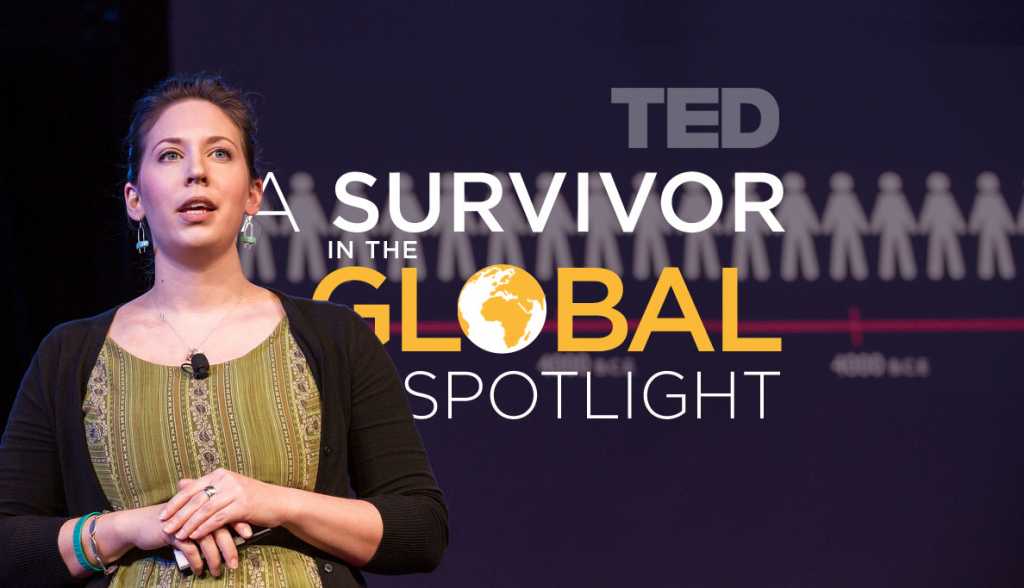Page 120 • (1,204 results in 0.14 seconds)
-
distinctive cultures emerge. 200-Level courses You’ll choose a total of four 200-level courses to taken during your 2nd and 3rd year. These classes are not organized around learning one way of seeing many problems (which is what you do when you take a class in a conventional academic department, like economics, political science, biology, etc.), but which instead use many ways to analyze one theme or problem. IHON 253: Gender, Sexuality, and CultureUses multicultural, international, and feminist
-
Justice This project is a sociologically centered project using qualitative data to study the ways in which gay men's distribution of emotion work and distress transmission act as markers for the gender differences in romantic relationships. 9:30 am | Session I, AUC Regency - Poster Session IFaculty Moderator: Ann Auman, Biology/College of Natural Sciences Faculty Mentor: Neal Yakelis, Chemistry Student(s)Presentation Camilee M. Boland; Audrey M. Borloz; Jordan R. VanniUtilizing an azo dienophile for
-

that’s virtually nonexistent. After graduation, Hunt moved on to graduate school at Durham University in England, where she earned a master’s of science after blending her PLU degrees—and her life experience—into the emerging field of paleopathology: the study of disease, health, trauma and diet in human biology in ancient societies. “I want to look at evidence of cancer in archaeological remains and add to a dataset that’s virtually nonexistent,” Hunt said. “At that point I wouldn’t have even called
-
-13 to work with several students on a documentary about Islamophobia. “These students grapple with professional production standards, as well as human interactions with people who live their vocations every minute.” During the 2016-17 academic year, grant recipients are conducting research in Canada, Mexico, Belgium, France, England, Ireland, Italy, Japan and Rwanda, representing research in the disciplines of education, communication, religion, history, biology, economics, music, global studies
-
to get into nature, to appreciate the wild and beautiful places in our state,” he said. “And that’s a really important first step in becoming an advocate for the environment.” Wade, too, remains deeply rooted in the lifestyle he forged through his years of work in that little utility room behind the ASPLU office. After graduating from PLU with a degree in biology, he leveraged his experience with Outdoor Rec into a job with American Alpine Institute as a climbing guide before moving on to work
-
& Places (Subject to Change): When: Fridays from 6:30pm-7:30pm Where: Mary Baker Russell Music Center Club Email: mariachiclub@plu.eduMath ClubDescription: PLU Math Club is a space to explore and play with a wide variety of mathematical ideas. This is a club for anyone who has been curious and interested in any aspect of mathematics, and we seek to highlight the intersection of mathematics with other STEM fields. We plan to discuss mathematics as a necessity for human flourishing, and to illustrate
-
called “Immunology and Virology” and counted for a cellular and molecular biology credit. I studied the components of the human immune system, with emphasis on the interplay between pathogens and immune cells, the recognition of self versus non-self cells, and the methodology we use to study the immune system. My readings consisted of textbook chapters and journal articles. Rainey Aberle, '17, Geosciences and Physics:My tutorial was titled “Impacts and Adaptations to Climate Change” and counted as
-
,” said McGinnis, executive director of hospitality services and campus restaurants. She was first exposed to PLU’s kitchen at 5 years old, as the daughter of a biology professor. “The thing that really struck me about the kitchen here was that I never wanted to be anywhere else,” she said. “I’ve really found my niche here.” That niche is providing good food and an even better experience. (Video by Rustin Dwyer, PLU) “Food is so much more than just a thing,” McGinnis said. “You gather around food.” At
-
, and is also a committed volunteer with PLU’s Center for Gender Equity. Taylor BozichTitle: Presenter, Rebuilding Lost Polish/Jewish Connections in the School of Dialogue Program Who: Taylor Bozich ’17, Pacific Lutheran University Bio: Taylor Bozich is a senior at Pacific Lutheran University, majoring in Biology and Global Studies with a concentration in Development and Social Justice. By the time she graduates, she will have studied away four times. In 2015, she studied peace-building and dialogue
-
; Director of Bands, PLU Conference ScheduleJanet BrillPresentation Title: “Kaytek” A Little Girl from the Warsaw Ghetto who became a Polish Resistance Fighter and decorated war hero’ Who: Dr. Janet Brill, Edna’s daughter-in-law and author Born: 09/15/1957, New York City Education: BS, Biology, University of Miami M.S. Dietetics and Nutrition, Florida International University Ph.D. Exercise Science, University of Miami Professional Experience: Nationally recognized nutrition, health and fitness expert
Do you have any feedback for us? If so, feel free to use our Feedback Form.


